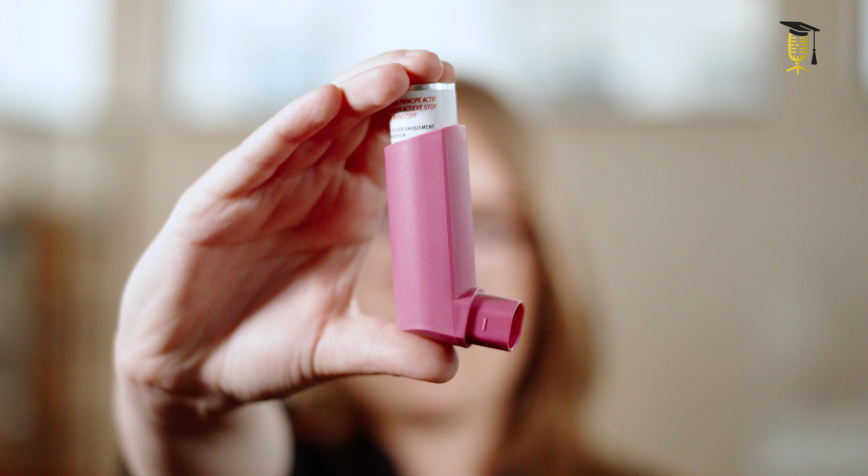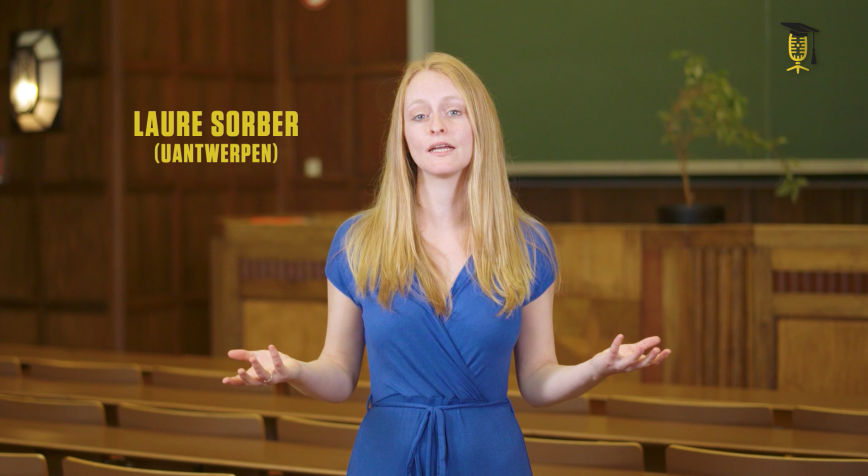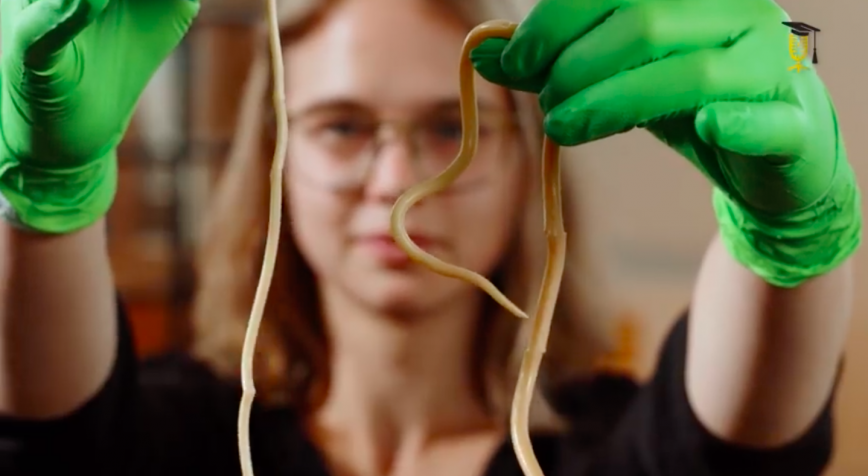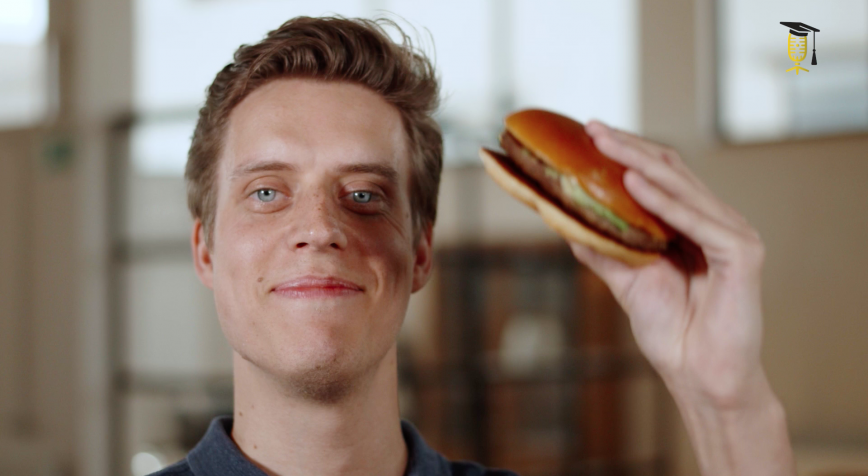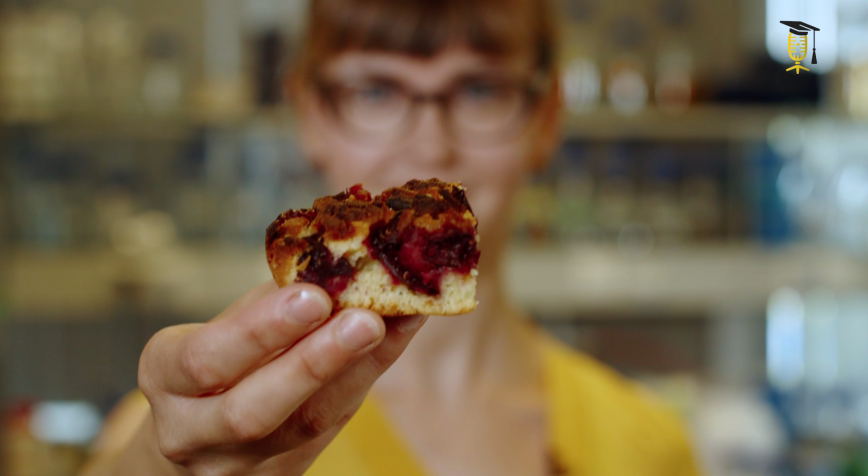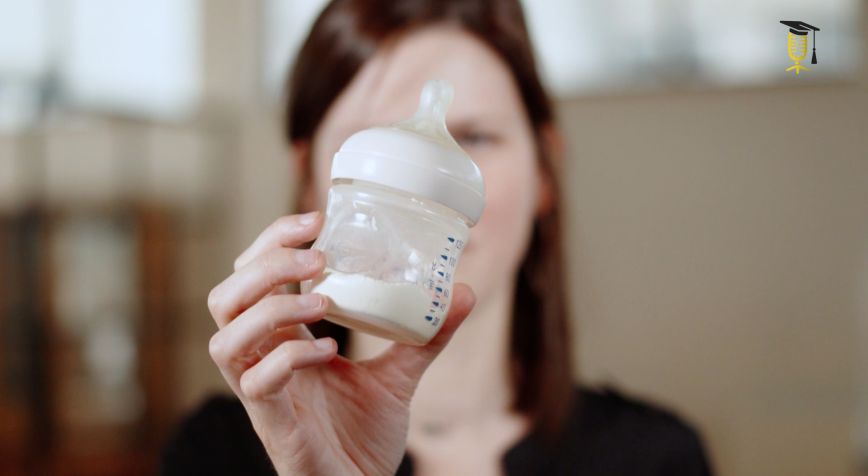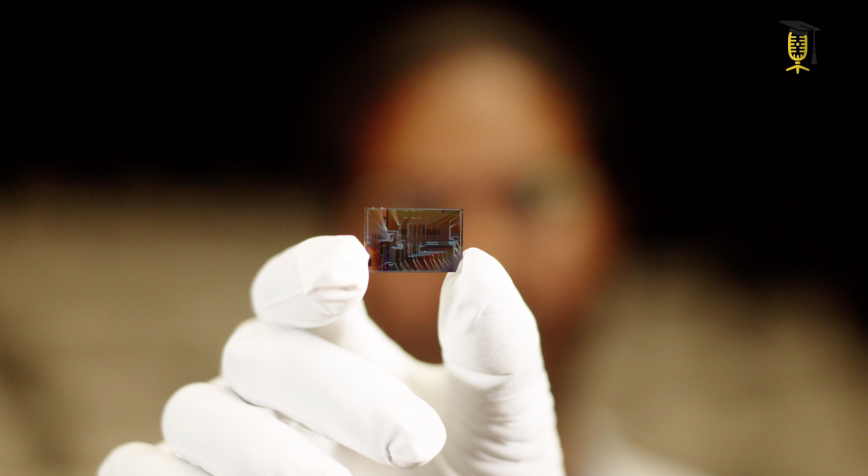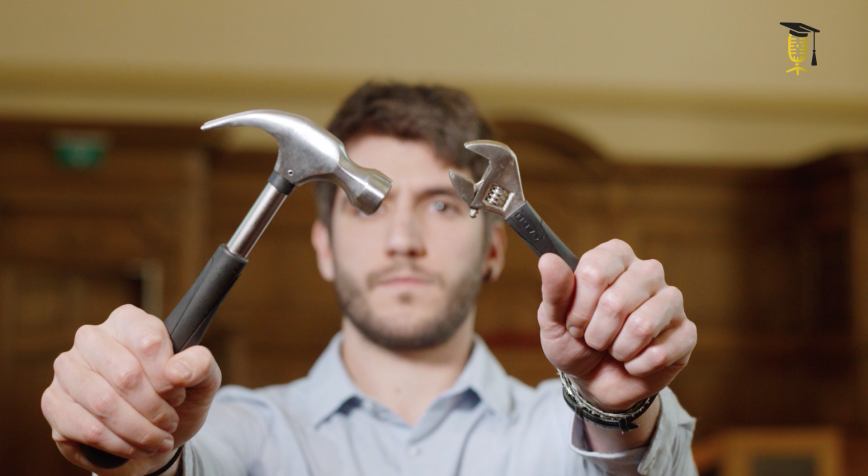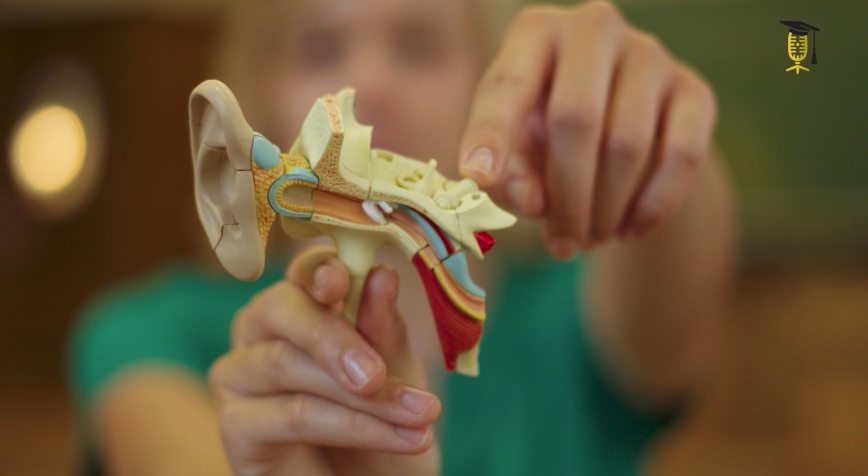
UAntwerpen
Electrical current soothes tinnitus
Ever had a ringing in your ears after a festival or party? If this is persistent, you suffer from tinnitus: a constant -and very annoying- peeping. Unfortunately, tinnitus cannot be cured, but brain stimulation can help to reduce the burden of the tinnitus. That is what Laure Jacquemin (UAntwerp) is working on.

